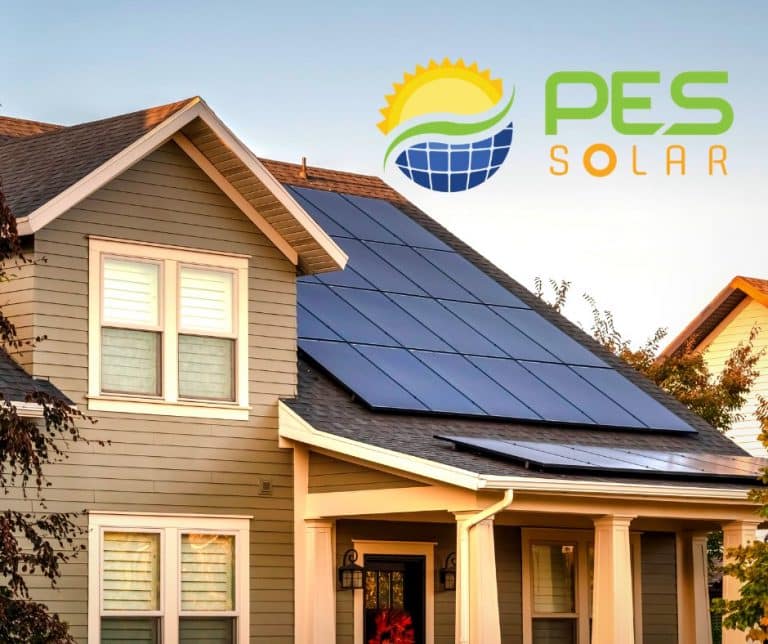You have seen solar panels in homes, industries, and workplaces or on TV. But, do you know there are some modern solar cells you cannot distinguish from the typical solar panels? Known as organic solar cells, they boast more flexibility and a simpler design.
Here is what to know about these new solar modules brought to you by the solar services in Charlotte by PES Solar.
What Are Organic Solar Cells?
Organic solar cells have recently become popular due to their high electric conversion efficiency. Also known as organic photovoltaic (OPV) cells, these third-generation solar cells are polymer-based and contain organic electrons. They use conductive polymers to absorb energy, effectively transporting it to power sources.
How Organic Solar Cells Work
Solar cells convert the sun’s energy into an electrical charge through the photovoltaic effect. Organic cells differ from typical solar cells in electric charge production due to their structure.
Once light strikes an organic cell, the organic layer releases an electron into the acceptor layer through a process called exciton diffusion, triggering an energy transfer process. This continuous energy transfer builds up a charge around the electrode to generate electricity to power your home.
OPV cells have recently evolved from using the traditional fullerene acceptor. This acceptor dropped out of use after researchers found out they limited the cell’s efficiency to 10%.
Pros of Using OPV Cells
Easy Integration
Organic photovoltaic cells are easier to install and use than the typical solar panel units. They come in various colors and are lightweight and flexible. You can install them on your windows, roof, and any space applicable.
What’s more, you can use the transparent modules on your OPV cells to power your greenhouse.
Environmentally Friendly
Organic cell manufacturers use a roll-to-roll system in their manufacturing process. The technology is cheaper since silicon gets heated to 2,700 degrees Fahrenheit to produce pure, usable silicon.
You can rest assured your organic solar module keeps you free from carbon footprints. The installation entails gluing the panels onto surfaces, making the process more straightforward.
Cons of Using OPV Cells
Shorter Lifespan
The organic materials used in manufacturing OPV cells have a shorter lifespan than silicon. According to a study, the average lifespan of an OPV cell is ten years or less, whereas conventional silicon panels average 25 years. If you have an OPV cell, you will have to replace your solar module quicker than you would like, which may affect your budget.
Less Efficiency
The highest recorded efficiency in an OPV cell is 18%, lower in larger panels. With silicon cells averaging 22% efficiency, organic cells still have some catching up to do. This leaves you with doubts about whether your choice of organic solar cells will be enough to meet your needs.
Organic Solar Cells Installation
As the solar sector blooms, solar manufacturers and researchers continue to work toward enhancing solar energy output. Organic solar cells are now taking the spotlight for their ease of use and green energy production. Learn whether solar panels are recyclable and get in touch with PES Solar at (800) 650-6519 to schedule your solar project today.

